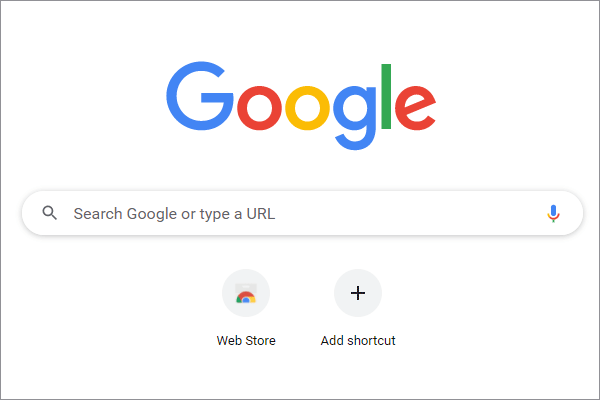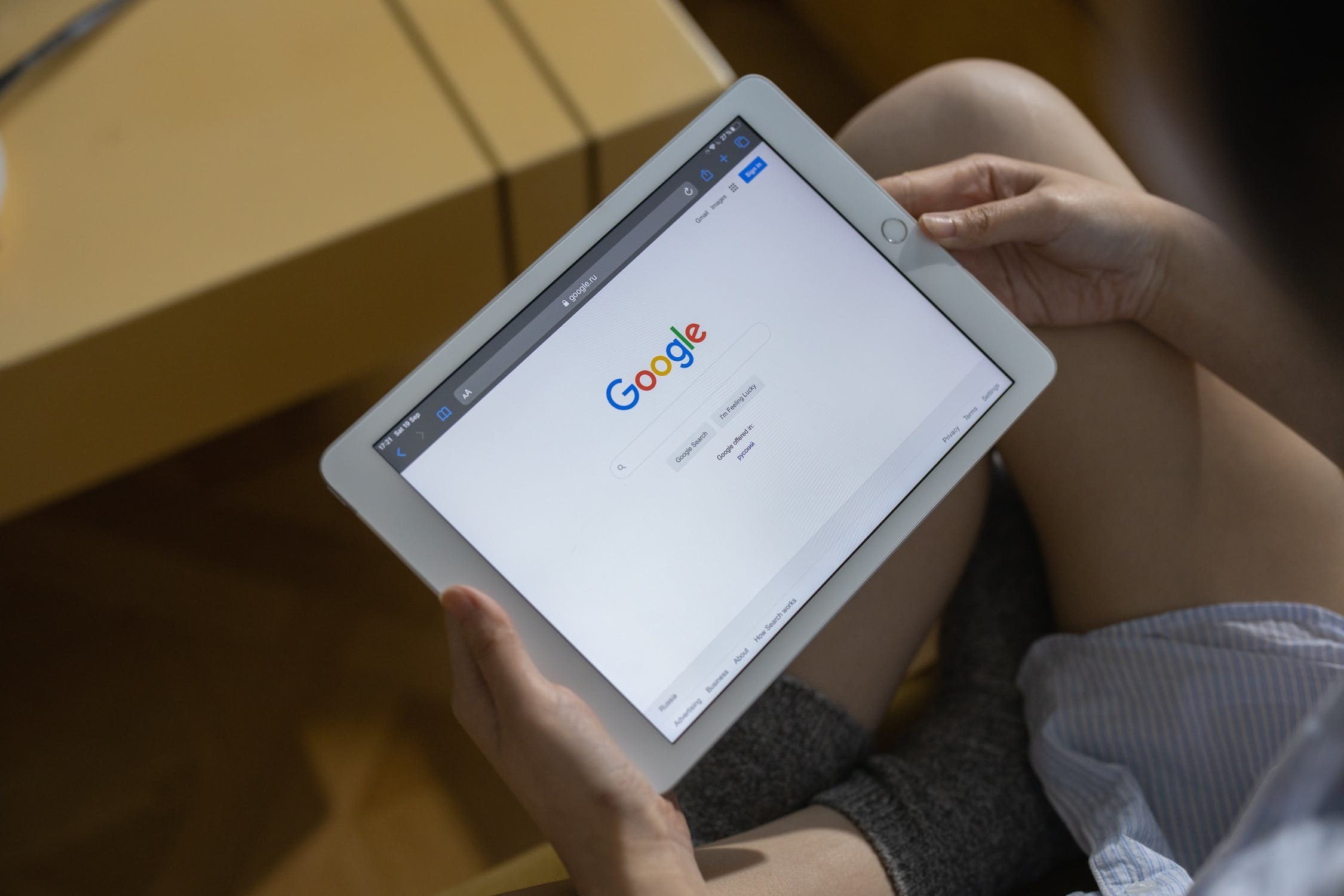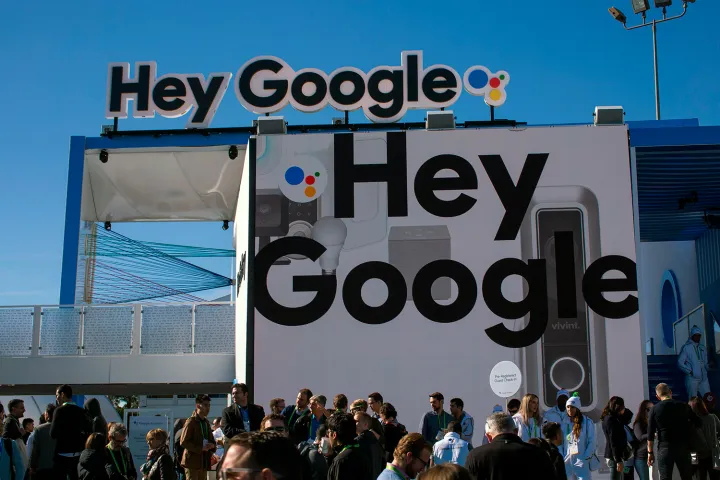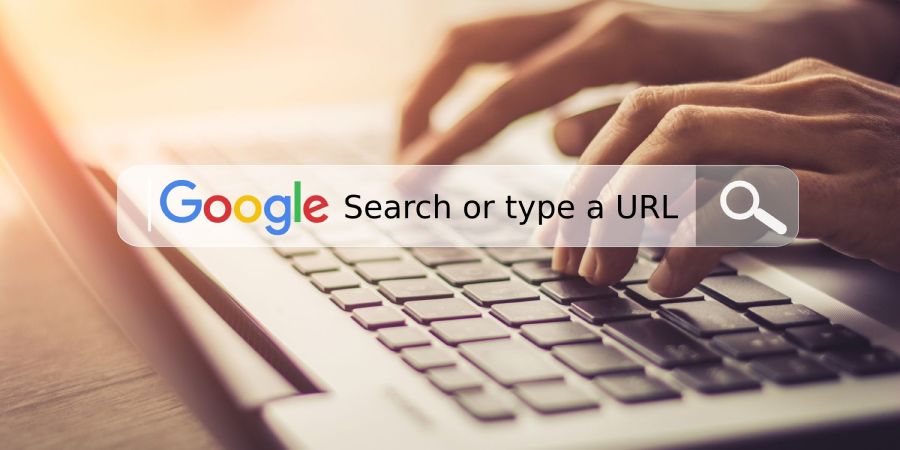Table of Contents
Introduction
Expanding further on the topic of Search Google or type a URL to navigate the digital landscape, we can delve into various aspects such as the evolution of search engines, the importance of website navigation, the impact of digital literacy, the role of search engine optimization (SEO), and the future of browsing habits.
Evolution of Search Engines

The concept of searching for information online has evolved significantly since the early days of the internet. In the early 1990s, search engines like Archie, Gopher, and WebCrawler emerged, providing users with basic keyword-based search capabilities. However, it was the launch of Google in 1998 that revolutionized the way we search for information online. Google’s PageRank algorithm, which analyzed the relevance and importance of web pages based on their link structure, quickly made it the dominant Digital Pathways The Power of Search Google or Type a URL, setting the standard for search quality and relevance.
Over the years, Google has continued to innovate and refine its search algorithms, introducing features such as autocomplete suggestions, Knowledge Graph, and featured snippets to enhance the user experience and provide more relevant and useful search results. Today, Google processes billions of search queries every day, serving as the gateway to the vast repository of knowledge that is the internet.
Importance of Website Navigation

While search engines like Search Google or Type a URL play a crucial role in helping users find information online, the importance of website navigation should not be overlooked. A well-designed website with intuitive navigation can enhance the user experience and make it easier for visitors to find the information they’re looking for. Effective website navigation includes clear menus, logical page hierarchies, and prominent calls-to-action, ensuring that users can quickly and easily navigate between pages and access the content they need.
Moreover, mobile responsiveness has become increasingly important in website navigation, as more users access the internet from smartphones and tablets. Websites that are optimized for mobile devices provide a seamless browsing experience, with navigation menus and content that adapt to different screen sizes and resolutions.
Impact of Digital Literacy

Digital literacy, or the ability to navigate, evaluate, and create digital content, plays a critical role in how users Search Google or Type a URL for information online. Individuals with higher levels of digital literacy are better equipped to use Search Google or Type a URL effectively, discern the credibility of online sources, and protect themselves from misinformation and cyber threats.
Promoting digital literacy is essential for empowering individuals to make informed decisions, engage critically with online content, and participate meaningfully in the digital world. Educational initiatives, training programs, and public awareness campaigns can help enhance digital literacy skills among users of all ages, ensuring that everyone has the tools and knowledge they need to navigate the digital landscape safely and responsibly.
Role of Search Engine Optimization (SEO)

Search engine optimization (SEO) plays a crucial role in ensuring that websites are discoverable and rank prominently in search engine results pages (SERPs). By optimizing their websites for relevant keywords, creating high-quality content, and building authoritative backlinks, website owners can improve their visibility in search results and attract more organic traffic.
Effective SEO requires a deep understanding of search engine algorithms, user intent, and industry trends. SEO professionals use a variety of tactics and strategies to optimize websites for search, including on-page optimization, off-page optimization, technical SEO, and content marketing. By staying abreast of algorithm updates and adapting their strategies accordingly, SEO professionals can help businesses and organizations achieve their online visibility and traffic goals.
Future of Browsing Habits

Looking ahead, the future of browsing habits is likely to be shaped by emerging technologies and changing user behaviors. The widespread adoption of voice search, for example, is transforming how users interact with search engines, with more people using voice-activated assistants like Siri, Alexa, and Google Assistant to search for information and perform tasks hands-free.
Moreover, advancements in artificial intelligence (AI) and machine learning are enabling search engines to deliver more personalized and contextually relevant search results. Predictive search algorithms can anticipate user intent based on past behavior and deliver tailored recommendations and suggestions, making the search experience more intuitive and seamless.
Additionally, as the internet continues to evolve, new technologies such as augmented reality (AR) and virtual reality (VR) are likely to reshape how users explore and interact with online content. AR-enabled search experiences, for example, could allow users to overlay digital information onto the physical world, providing immersive and interactive search experiences.
Conclusion
Search Google or type a URL are fundamental actions that enable users to navigate the vast digital landscape with ease and confidence. From the evolution of search engines to the impact of digital literacy, the role of website navigation, the importance of search engine optimization, and the future of browsing habits, these actions are central to how we access information, connect with others, and engage with the world online.
As technology continues to advance and user behaviors evolve, the way we search for information and browse the web will continue to evolve, shaping the future of the digital landscape for years to come.In today’s fast-paced world, it’s crucial to stay connected and informed. With the vast resources available online, accessing information has become easier than ever. From news updates to educational content, the internet offers a plethora of knowledge at our fingertips.
However, amidst the vast sea of information, it’s important to remain discerning and critical. Misinformation and fake news are rampant, making it essential to fact-check and verify sources. By utilizing reliable sources and practicing digital literacy, individuals can navigate the online landscape more effectively. Additionally, with the rise of social media platforms, connecting with others globally has never been simpler.
Whether it’s for professional networking or maintaining friendships, social media facilitates communication and collaboration across borders. Nonetheless, it’s crucial to strike a balance and not let digital connections overshadow real-life interactions. By harnessing the power of the internet responsibly, individuals can enrich their lives and contribute positively to the online community.”
For More Information Please Visit These Websites Craiyon And Vecteezy


